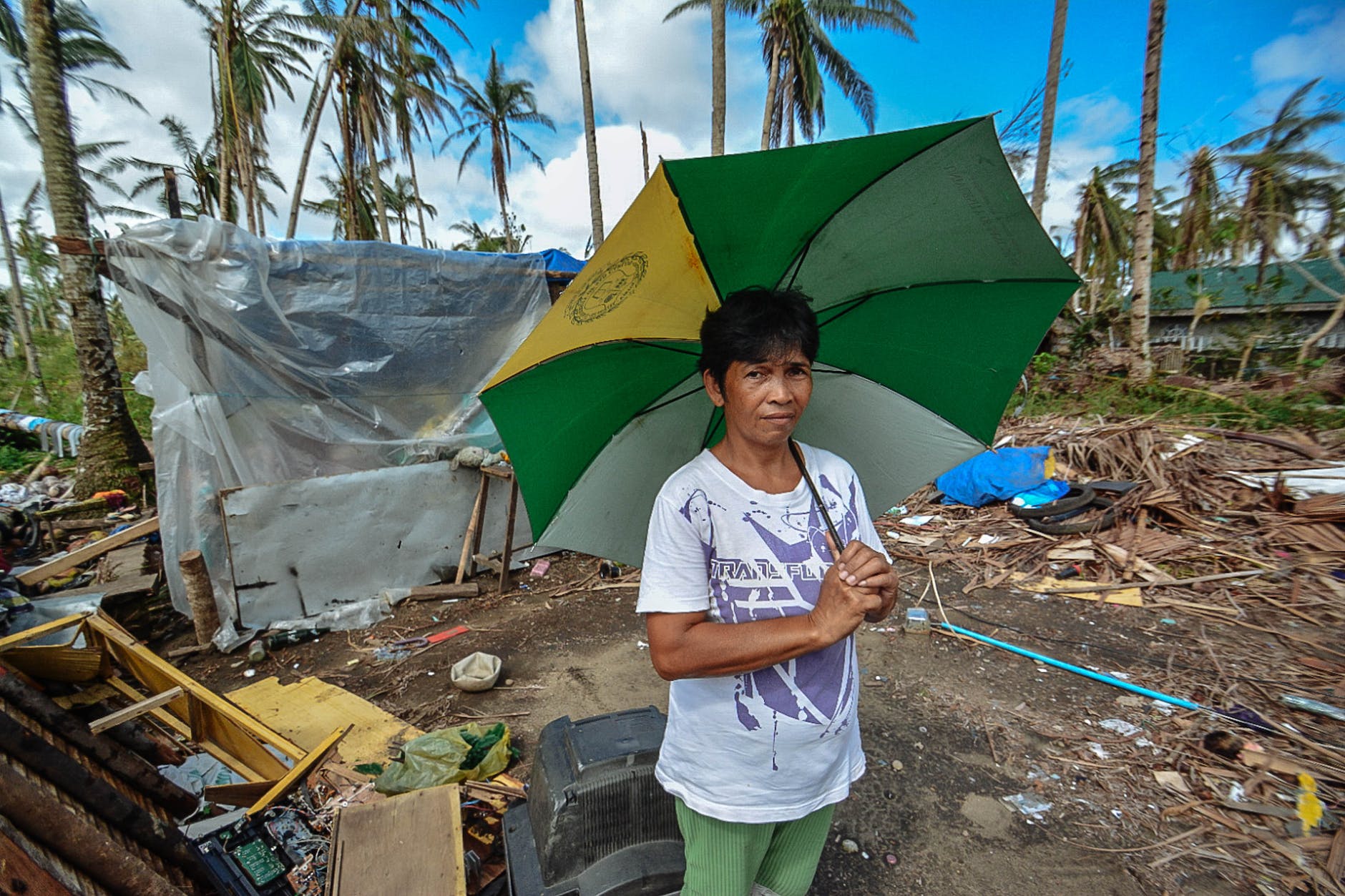
Christine Carius, Jan Graw, and Carsten Schultz, Kiel University, Germany
In the face of crises, spontaneous volunteers (SVs) are often the first to leap into action, providing rapid responses to urgent needs where formal relief organizations may fall short. These efforts, born from a sense of necessity when traditional channels falter, are characterized by an improvisational approach, learning as they go. Whether it’s in the aftermath of natural disasters like hurricane Katrina or man-made crises such as the refugee crisis and the COVID-19 pandemic, SVs play a vital role, often filling gaps left by official aid efforts.
Yet, despite their importance, the dynamics of SV collectives remain poorly understood. How do these groups emerge, organize, and coordinate their efforts amidst chaos? The lack of formal authority within SV groups can sometimes lead to conflicts, both internally and with relief forces. As such, achieving legitimacy becomes crucial for effective operation during crises, often requiring the development of a collective identity and recognizable organizational structures.
However, the process of gaining legitimacy while maintaining flexibility and adaptability poses significant challenges. How do SV collectives establish their authority, how can they become legitimate stakeholders and complement relief forces in the best way? We turned to the concept of organizationality, seeking to understand how these groups form and gain legitimacy within the complex situation of crisis response. We aim to unravel the mysteries of SV emergence, organizationality, and legitimacy in the face of adversity. In our recently published NVSQ Article we tracked the emergence of organizationality in spontaneous volunteers.
Continue reading “Achieving organizationality: Spontaneous Volunteering in Large-Scale Crises”